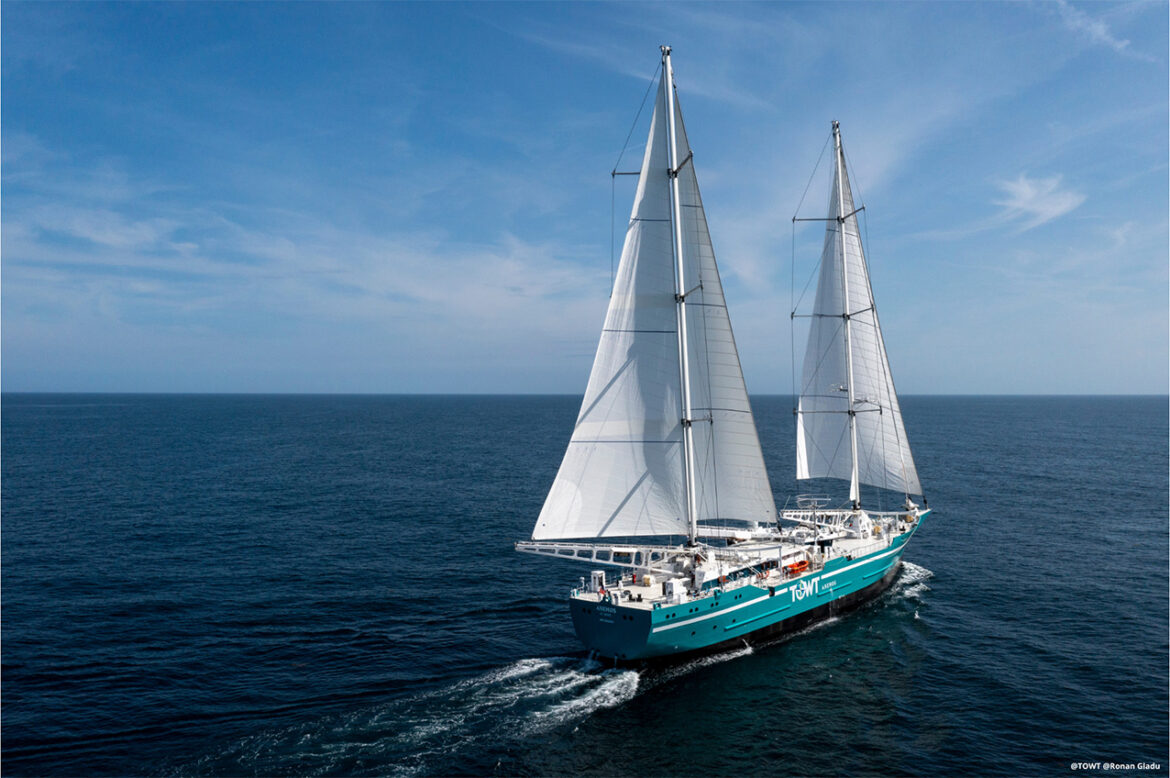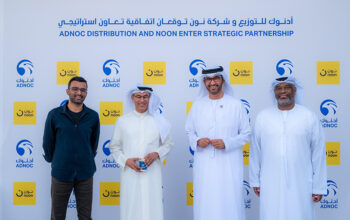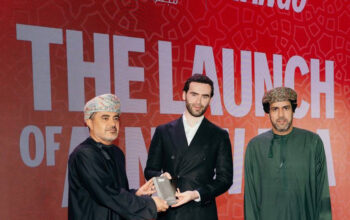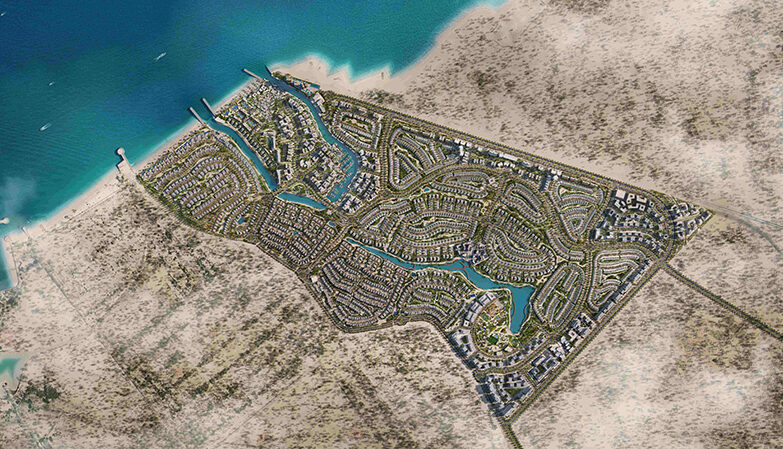France-based water treatment pioneer BIO-UV Group has secured an agreement with shipbuilder Piriou Group to supply its BIO-SEA ballast water treatment technology to a further six wind-powered cargo ships building for French operator TOWT (TransOceanic Wind Transport).
The new deal follows an initial 2022 contract to supply BIO-SEA systems to the first two vessels in the series, both of which – Anemos (Greek for wind) and Artemis (Zeus’s daughter, the Greek goddess of nature) – have now been delivered. The six sisters are scheduled to follow in 2025, 2026 and 2027.
Like Anemos and Artemis, each of the new 81m long vessels will be fitted with a D-2 compliant low flow L03-0090 BIO-SEA system in a split skid arrangement to treat ballast water flow rates of 90m3/hour.
Due to machinery space constraints and a small system footprint, the BIO-SEA unit will include a Hydac filtration system designed to optimize ballast holding times.
Maxime Dedeurwaerder, Solutions Sales Director for EMEA at BIO-UV Group, said: “This new order is a direct result of the seamless, on-time production, delivery, factory acceptance tests, and commissioning of the Anemos and Artemis installations.
“Wind-powered ships such as these modern, Piriou-designed schooners go to show how shipping can substantially reduce its impact on the marine environment. A BIO-SEA BWTS can reduce a ship’s environmental footprint even further by preventing the migration of invasive species in the most effective way possible. As our UV lamps and reactors have low power consumption, a BIO-SEA unit can also help towards decarbonization.”
Guillaume Le Grand, President of TOWT-TransOceanic Wind Transport, added: “For the A-class sailing cargo ships, we wanted the most compact, effective, and environmentally safe ballast water treatment solution available. The Piriou Group has a long history of successful cooperation with BIO-UV Group, so the decision to install BIO-SEA was easy, especially given the limited space available onboard.”
Designed to transport 1100t palleted cargoes of Belco coffee and cocoa, and 135 225-litre barrels of wine and spirits across the Atlantic using the sail as the primary means of propulsion, the Anemos vessel features 3000m2 of fore-and-aft sails on a pair of 52m tall carbon fibre masts.
Maximum speed under sail is 16kts, reducing CO2 emissions by 90%, compared to a similar sized cargo vessel. With eight ships, TOWT said it will contribute to saving around 40,000t of CO2 by transporting around 200,000t of goods.
BIO-UV Group CEO Laurent-Emmanuel Migeon said: “Both these Piriou-designed wind-powered ships mark a decisive step in the development of sustainable navigation. BIO-UV Group is committed to working with shipowners and shipyards that are pushing the boundaries of innovation and design to build a new generation of ships that respect the marine ecosystem.”
Sailing cargo ships particularly suit the ultra-compact, easy-to-use BIO-SEA L series due to their low flow rate ballasting requirements, ranging from 13 to 120m3/h. System components are delivered all-inclusive and can be supplied in various configurations, such as modular, split skid or full skid versions, allowing maximum adaptability for onboard system integration.









